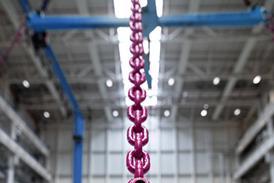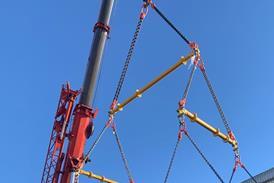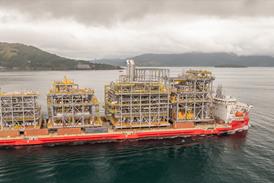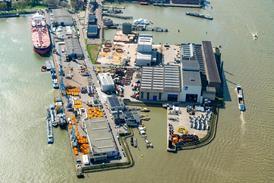North P&I has highlighted a number of contract issues that its members should be aware of when the 0.5 percent sulphur cap comes into effect.

With a 0.5 percent sulphur cap coming into force from January 1 ,2020, shipping lines will be looking either to move towards compliant fuels such as marine gasoil, or to install scrubbers to treat the exhaust gas of fuels with higher sulphur content.
Whichever approach is taken, marine insurer North P&I points out that the 2020 sulphur cap has commercial implications, and is urging its members to review thei r charter parties sooner rather than later in order to minimise the risk of disputes and losses.
Avoid vague terms
The company has suggested that charter party contracts should avoid vague terms like “low sulphur” or “high sulphur” fuel, instead referring specifically to “less than 0.5 percent sulphur” for operation outside emission control Areas (ECA), or “more than 0.5 percent sulphur” for vessels using a scrubber.
The cost of scrubber installation, drydocking for installation, and management of waste discharge are among
other clauses that will need attention. “If the charterer is likely to benefit in fuel cost savings then there may be scope for a commercial agreement as to who will pay [for a vessel to have a scrubber installed],” said Tiejha Smyth, deputy director, freight, demurrage and defence (FD&D) at North P&I.
It will also be necessary to review clauses on bunkers and bunkering, as tanks will need to be cleaned when switching from heavy fuels to hybrids, blends or distillates – and someone needs to be responsible for the cost and time involved.
Other points requiring consideration include the possible effects of fuel choice or scrubbers on performance warranties; the impact of fuel availability on trading warranties, given that the availability of both marine gasoil and LNG is “geographically fragmented”; indemnities for non-compliance fines or detentions; and MARPOL Annex VI responsibilities – setting out who is responsible for ensuring compliance, discharging non-compliant fuel and so on.
BOR clauses
Smyth also highlighted bunkers on redelivery (BOR) clauses, noting that high sulphur fuel bought from the charterer at redelivery will have little value to the owner unless the vessel is fitted with scrubbers.
“BOR requirements in the charter party might mean that the charterer can redeliver the vessel with insufficient compliant fuel on board to reach a bunker port. Therefore, owners might want to ensure that BOR clauses are adjusted accordingly, particularly for charter parties that will end just before or just after January 1, 2020,” Smyth suggested.
According to Smyth, owners and charterers also have to consider other clauses that may relate to the 2020 sulphur cap. Any updates will depend on “the contract itself, vessel type, the trade it is on, and the method of compliance – be it low sulphur fuel, scrubbers or other alternative fuels”.
This article is taken from HLPFI's January/February 2019 edition.
















